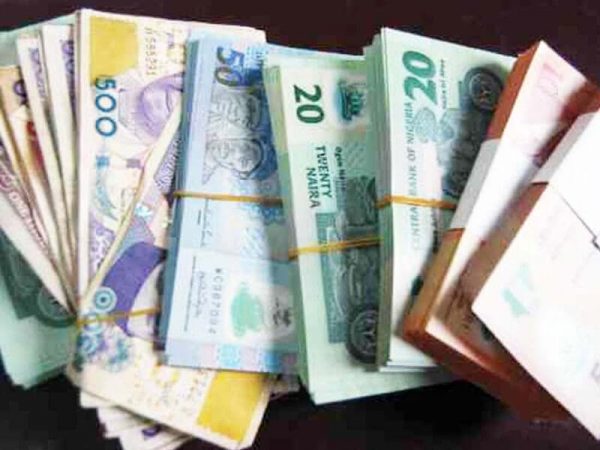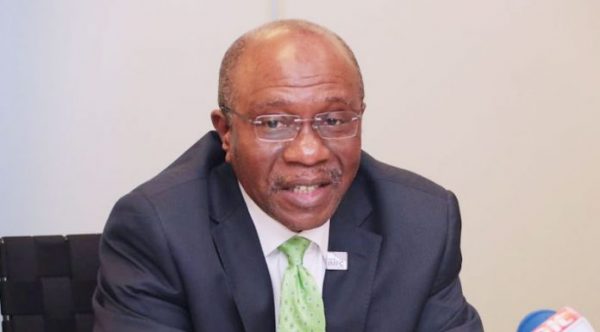Non-oil exports: FG suffers N5.8tn revenue shortfall
Within a three-year period covering December 2017 to December 2020, Nigeria generated a total sum of N6.5tn from non-oil exports, data from the National Bureau of Statistics have shown.
This sum is N5.8tn lower than its N12.3tn ($30bn) target set by the Federal Government under its zero-oil plan.
In the fourth quarter 2016, the Nigerian Promotion Council conceived the Zero Oil Plan (a core component of the Federal Government’s Economic Recovery and Growth Plan) to increase the contribution of non-oil exports to Nigeria’s Gross Domestic Product by 20 per cent.
According the NEPC 2016 annual report, the focus of the plan is to ‘generate at least a minimum of 40 – 50 per cent of Nigeria earnings from non-oil export’.
Among other things, the report disclosed that the plan was expected to grow non-oil foreign exchange to $30bn by 2020.
The $30bn was to be generated from 11 strategic export products – such as petrochemicals, palm oil, cocoa, soybeans, rubber – with high financial value to replace oil.
The $30bn target when converted to naira using the current official exchange rate of N411/$ equals N12.3tn.
The report read, “The Nigerian Export Promotion Council launched the Zero Oil Plan, a medium and long term strategy aimed at diversifying the economy from oil. Zero Oil Plan has become a key component of the Economic Recovery and Growth Plan.
“The focus is to generate at least a minimum of 40 – 50 per cent of Nigeria earnings from non-oil export. The plan was presented to different states, development partners and donor agencies and has been widely accepted.
“The overall targets set for the zero oil plan include: to grow non-oil foreign exchange from $2.7bn base to $30bn by 2020.”
A breakdown of non-oil exports during the review period shows that in 2017, non-oil exports contributed N629.9bn or 4.6 per cent of the total export of N13.6tn.
Out of the total export of N18.5tn recorded in 2018, only N1.9tn was generated from the export of non-oil products.
In 2019, non-oil exports accounted for N2.5tn of total export of N19.2tn recorded at the end of the year.
For 2020, Nigeria generated N1.4tn from non-oil exports, which constituted only 11.4 per cent of its N12.5tn worth of export.
During the period under review, the Federal Government generated a total sum of N63.79tn from exports, out of which N6.5tn accrued from non-oil exports while N50.8tn was generated from exporting crude oil.
Consequently, crude oil remains the mainstay of the economy as it accounts for the largest share of total exports despite efforts of the Federal Government to reduce the country’s dependence on the product.
Speaking on the development, a financial expert and professor of economics at the Olabisi Onabanjo University, Ogun State, Sheriffdeen Tella, emphasised the need for the government to diversify the economy from oil and focus on boosting non-oil trade.
He added that in a few years’ time, oil might not be as profitable as it is currently.
Tella said, “There are alternatives to oil that are being developed. Many vehicles would not be running on oil. They may likely switch to gas and other alternatives. Also, it means some industries would not be running on oil very soon.
“Alternatives are developed every day, and after some time, there would be perfection. In the next 10 to 15 years, oil may not be a serious matter anymore.
“Oil is going down, and we should be looking for alternatives. If we can invest what we have in other sectors, we will not be caught unawares.
“Our problem is that once there is a problem with oil, we start looking for alternatives. Once the oil starts selling well, we forget that we have a problem. That has been our problem.”
Tella attributed the negative difference between actual non-oil export and the NEPC projection to neglect of the non-oil sector.
“The reason for the low non-oil export is abandonment. Those sectors have been abandoned because of the money coming from oil.
“We are not serious about other sectors yet. The government seems to be more interested in easy oil money. Yet, we are not investing this money in the right places.”
In the light of this, he called on the government to invest the profits accrued from oil exports to develop the non-oil sector.







